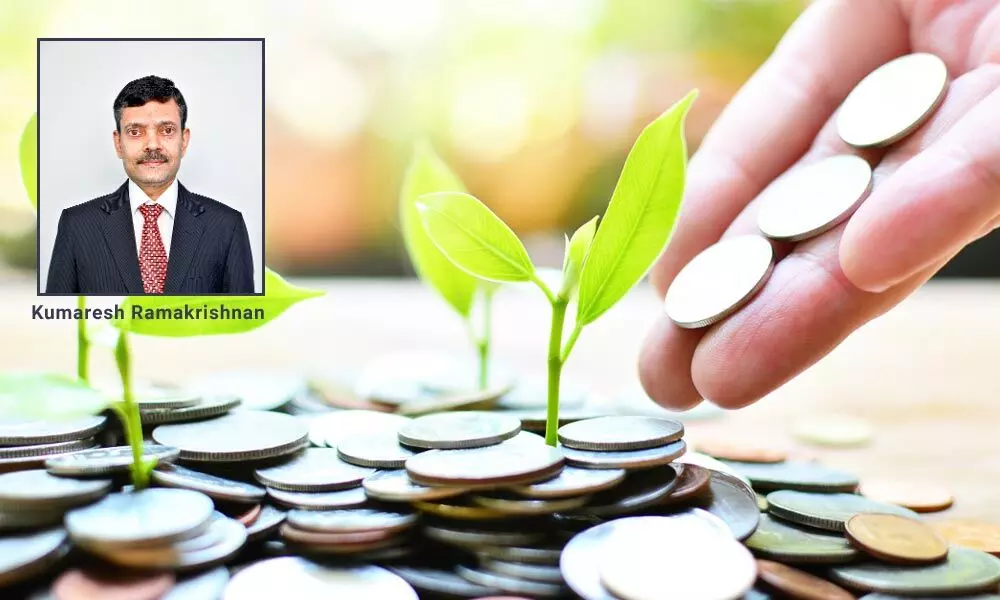Economy needs higher investment to create jobs
Despite the recent rebound, some of the sectors, particularly in services, continue to remain deeply impacted
image for illustrative purpose

India faced one of its weakest years on record, impacted severely by the pandemic. Economic activity slumped through the initial months of the pandemic until June before gradually resuming post September. India has been fortunate to not suffer a second wave like many other European countries and some of the East Asian nations.
For FY 21, real GDP is expected to shrink by 7 per cent to 8.5 per cent, the lowest in India's history. Given a favourable base effect and rebound in economic activity, real GDP is expected to grow by 8-9 per cent and nominal by 12.5-13.5 per cent. Despite the recent rebound, some of the sectors particularly in services continue to remain deeply impacted. These include hospitality, tourism, restaurants, entertainment and aviation.
Our primary expectation from the Budget is that it is growth-oriented. The economy needs higher investment to create jobs. The investment cycle, which was depressed even before the pandemic, is witnessing some green shoots being helped by pent up demand of the last two years and the Government incentives to support manufacturing and steps to attract supply chains, many of who are reworking their strategies to work on a China +1 model. We would like to see further impetus and encouragement to capital spending in a bid to try and boost the manufacturing base, which is also a large job creator. Sectors such as Construction, low-cost housing, real estate (including commercial), tourism, infrastructure (especially roads, railways) should ideally receive the fiscal push given that these are the sectors which exhibit the highest multiplier effects.
Other sectors that should receive some attention is MSME / SMEs. It is estimated that India has close to 65 million small enterprises, being the largest job creator after agriculture. Policies to help revive growth for key MSME/ SMEs which are suppliers in the chain to large companies is extremely important.
Central capex on capital spending should go up from the Rs 4 trillion to at least Rs 5.5 trillion, to create the necessary initial momentum as we restart a new cycle. Allocation to States should continue since most of the infra spending happens at the State levels. Overall spending will need to be carefully balanced against challenging net fiscal deficit targets which is likely to cross 5 per cent in FY 22 (FY 21 likely to be 7.5 per cent, as against 3.5 per cent, budgeted). State plus Centre deficit for FY 22 is estimated at 11-12 per cent.
(The author is CIO-Fixed Income, PGIM India Mutual Fund)

